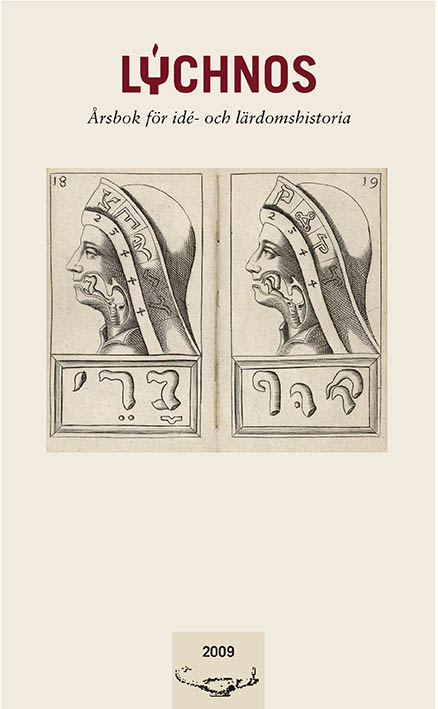Honour, virtue and manliness
Strategies for social prestige in seventeenth- and eighteenth-century Sweden
Abstract
The perspective of hegemonic masculinity has played an important role in sociological and historical analyses of male power and dominance, but the concept has also been criticised for being static, deterministic and not in phase with the recent development of feminist theory and key concepts such as discourse and performativity. Influences from a more discursive perspective associated with the ”cultural turn”, have at the same time been criticised for distancing historical analysis from men’s lived experience. Cultural codes and representations have become the ”real thing”, leaving men’s actual activities and feelings aside. Individual experience, subjectivity and emotions are now advocated as new key subjects for historical analyses, but what about masculinity? The question ”what should historians do with masculinity”, asked by the British historian John Tosh twenty five years ago, has become more topical than ever. In this article it is argued that a rhetorical perspective offers a possibility for studying both cultural representations and subjective experiences. Three concepts stand in the foreground of the analysis – ”honour”, ”manliness” and ”virtue”. It is suggested that these concepts not only represented crucial aspects of a man’s social esteem in early modern Sweden but also formed the basis for different personal and collective strategies in claiming and upholding male prestige and power. Examples are given to show how these concepts were used, mobilized, adjusted and given slightly new meanings in social practice by different agents and for different purposes. It is further suggested that allusions to unmanliness played a central role in the social rhetoric of prestige and power. Three significant social strategies with varying outcomes are described – the discrediting of duels and private combat as a source of honour and proof of manliness; the upgrading of civil virtues and industry as honourable and manly; and the condemnation of wife- beating as shameful and a failed proof of manliness.
Downloads
Published
Issue
Section
License
This work is licensed under a Creative Commons Attribution 4.0 International License. The copyright for the work published in Lychnos remains with the authors.


